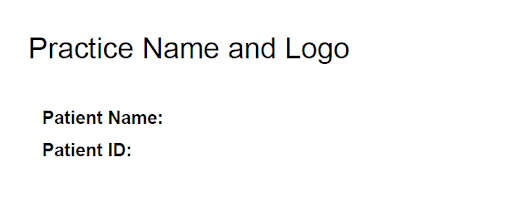Retinal Tears & Holes Symptoms, Diagnosis & Treatments
Retinal Tear & Holes Overview
Trauma, injuries, vitreous detachments, and lattice degeneration can all lead to small openings in the retina, known as retinal tears or holes. The openings can allow fluid to leak underneath the retina, causing a retinal detachment, which is a permanently vision-threatening problem.
Thankfully, a dilated eye exam can easily detect this condition. If caught early, serious problems can be prevented.

When a Retinal Tear or Hole Forms, Act Quickly
Retinal holes and tears can cause a range of visual symptoms. Some people notice flashes, some people notice floaters, some may not notice any symptoms at all! But if left untreated, retinal tears could result in retinal detachment which becomes an emergency, because it results in vision loss.
If you experience new flashes or floaters, the sooner you get a dilated eye exam to confirm the tear or hole, the sooner you can start treatment that could save your vision.
If you have risk factors such as severe near-sightedness or lattice degeneration, regular eye examinations are helpful to watch for the development of retinal tears and prevent detachments.
Symptoms of Retinal Tears & Holes
- Black spots, lines, and cobwebs that float in your vision (floaters)
- Flashing lights
- Dark or dimmer vision
- Loss of peripheral vision
Related Services

Retinal Conditions
Noticing visual issues that are getting worse? Find out if you’re suffering from a retinal condition and get it checked.

Eye Exams
Stay proactive about your eye health—it’s the best way to preserve clear vision or correct issues.

Macular Hole Surgery
If your doctor discovers a small hole in your macula, they may recommend macular hole surgery to correct it. Find out more.
Let's Get Started
When It Comes To Eye Health, We’re Your MVP





